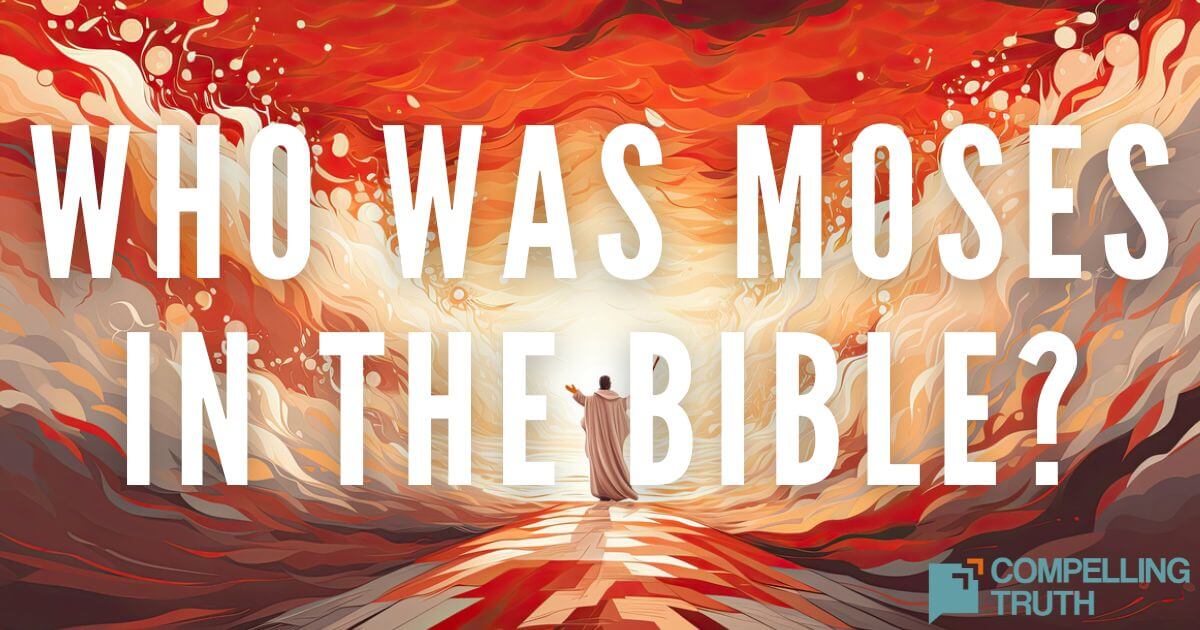what does the bible say?
Meribah, meaning "quarrel, provocation, strife," in Hebrew, signifies the locations where the Israelites disputed with God over their need for water in the desert. The first incident occurred at Meribah near Mount Horeb (Exodus 17), where the Israelites accused Moses of leading them into the wilderness to die of thirst. Moses struck a rock as God commanded, and water came forth. But later, at Meribah Kadesh (Numbers 20), in a similar situation, God commanded Moses to speak to a rock to bring forth water. Moses disobeyed God's command, striking a rock twice. Because Moses failed to uphold the Lord as holy before the people, he was barred from entering the Promised Land. These events serve as reminders of the Israelites' lack of trust and obedience. Despite their faithlessness, God remained faithful in providing for His people. Today, Meribah stands as a lesson of God's unwavering faithfulness even when we doubt, urging us to trust in His provision and obey His commands.




